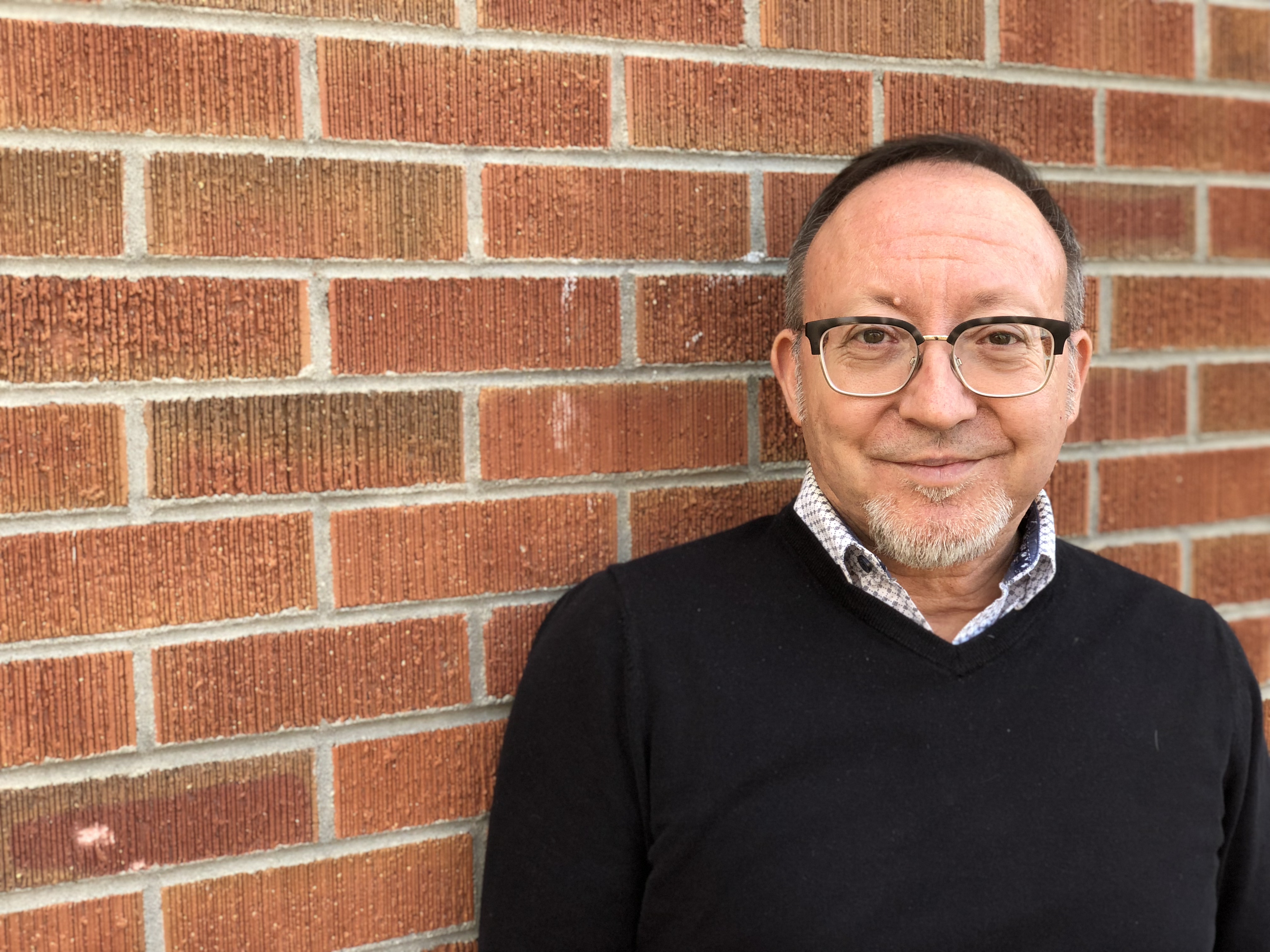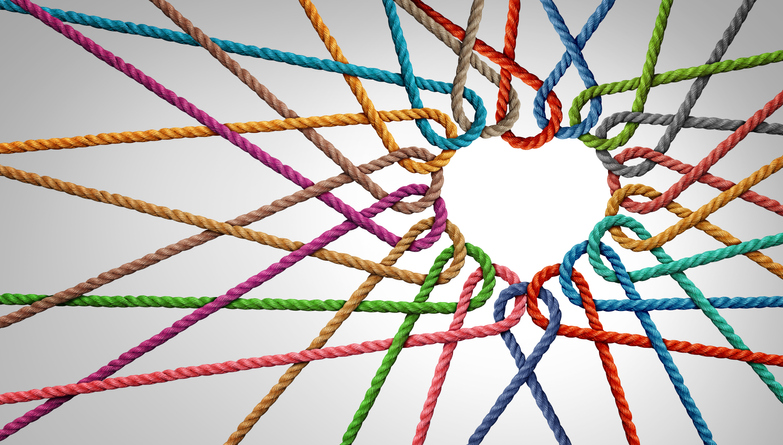In Isaiah 61, the prophet invites the people of Israel to see God differently. Historically, the nation is in exile under the Babylonians, the city of Jerusalem in ruins. Foretold judgement has come, and the people of God are struggling to find hope. Isaiah speaks into this place of shame and resignation. He says God has come to set the captives free, to release the prisoners, to bind up the brokenhearted….The Hebrew word for brokenhearted there is leb shabar. Leb is colloquially translated “heart.” …It also means “will” or “yourself” in the truest most encompassing sense of who you are as a unique human being…your core, that irreducible part that makes you, you. Shabar translates as “broken,” but the image here is not something that is simply cracked or prevented from functioning. …Shabar translates more fully as “broken into pieces,” like a piece of pottery shattered on the ground” (emphasis mine) –Tara Owens, Embracing the Body. pp. 49-50.
Broken into Pieces
When I have those times or seasons when I literally feel my heart is “broken,” I often return to this familiar bit of scripture. Like those of God’s people it was written for millennia ago, it brings comfort to know God cares immensely. But this deeper interpretation of having something at the core of who you are being “broken into pieces” adds a new meaning to the passage for me.
For many in the WGA community, an explosive event like trauma, a death, abuse or divorce could leave a soul feeling shattered. For me, those “cracks” in my heart developed more slowly over time. There seemed to be a cumulative effect of different experiences that gradually wore me down. Instead of feeling worthy of love, time and attention, there were times of neglect and feeling invisible. Rather than affirming words being spoken over me, there were labels of shameful names. I struggled with my gender, sexuality and identity and often felt bullied and rejected. The combination of these things created large holes of deprivation in my life.
Sadly as I grew older, the ways I chose to cope with these painful holes only caused greater damage. As an adolescent, I began to numb this pain with drugs, alcohol and pornography. I looked for love and affirmation through sexual encounters. I wasn’t old enough or emotionally mature to understand how this was impacting me.
Can you recall experiences growing up that left you feeling “shattered” or created large “holes” of deprivation?
The Results
It’s not a surprise that growing up with a load of issues and deficits would eventually cause problems. Just like the piece of pottery which leb shabar refers to, the cracks and holes would leave the structure of my life faulty and fragile. Eventually, I did “fall into pieces” in many ways—my life just sort of collapsed. This was one of the reasons the Lord graciously re-entered my life after a prodigal season. Looking back now, it’s been helpful to pinpoint these issues. Here are some of the outcomes of the negative experiences I had and my own destructive coping with the pain.
- No sense of boundaries and a lack of identity
- Vulnerable to peer pressure (smoking, drugs, sex)
- Sexualized emotional needs
- Timidity-too afraid of pursuing dreams or desires
- Constant need for approval/perfectionism
- Shut down emotions, no voice, no opinions
- Christianity—God is real, but felt more burdened by legalism
- Reliance on addictions for coping
- Relational difficulties—Starving/Desperation for love
- Emotionally Dependent
- Not comfortable with my body, felt inadequate as a man
- Not worth being cared for/unhealthy reliance on self
- Apologizing for existing, taking up space on the planet
- Crushed Self-Esteem, Seeds of Self-Hatred, I am unworthy of love
What were some of the negative outcomes you had as a result of painful experiences?
Redemptive Vision
In Matthew 22:37-40, one of the Pharisee’s asks Jesus which is the “greatest commandment in the law” as a trap (of course). He replies “Love the Lord your God with all your heart and with all your soul and with all your mind. This is the first and greatest commandment. And the second is like it: ‘Love your neighbor as was yourself. All the Law and the Prophets hang on these two commandments.” I’m called to love God and others and yet, I still can have false perceptions of who God is and have broken relationships with others. It was also news to me landing on WGA’s doorstep, I had a broken relationship with myself which God would like to heal. In this series, we’ll explore what restoration can look like in each of these relational categories. Working on ourselves is always a good place to start.
A friend of mine once coined a phrase—“redemptive vision”. I like this term when it comes to healing these broken areas within each of us. What exactly is it in us that God would like to transform? How does God “bind up the brokenhearted”? How does God begin to piece us back together again? Can we get a redemptive vision of the person God is creating us to be? In my next blog we’ll explore together some facets of ourselves God would like to restore, allowing Him to create beauty out of the ashes.

Scott Kingry
Program Director

